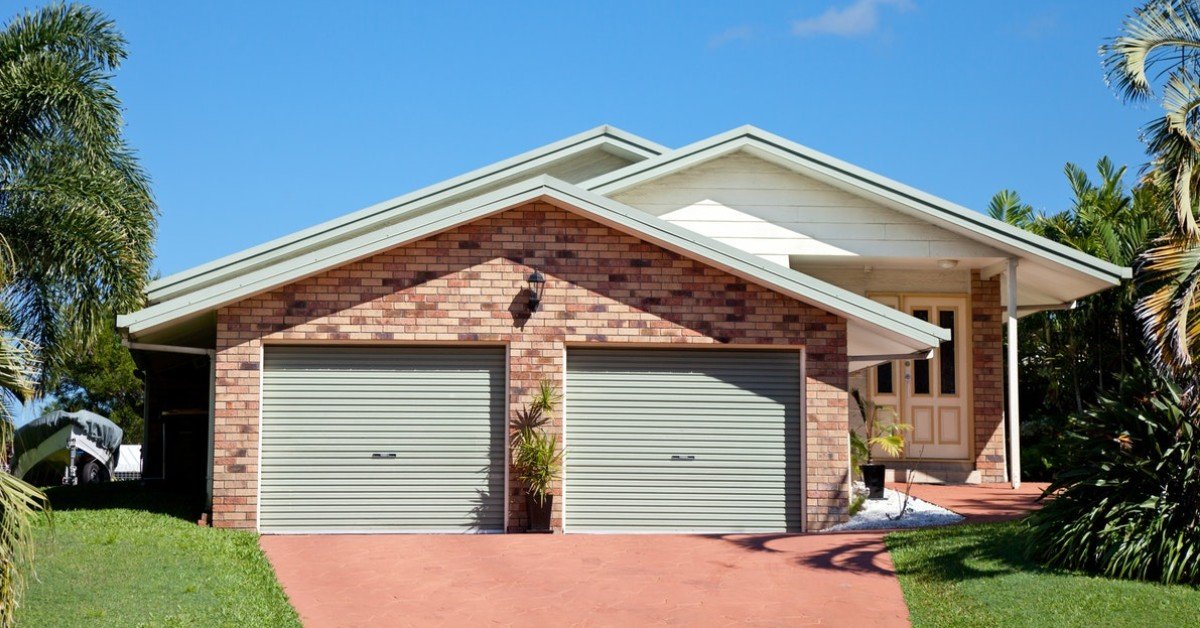Article by David Weber
Real estate has generated more wealth than any other industry in the history of time. Consequently, there are many reasons to think that property investment is a sound investment.
As with any other investment, doing research is key to your success. Here are some pro tips for buying your first rental property.
1. Do your own research.
Attend seminars, read books, take courses, and utilize anything that increases your knowledge about real estate investing. Learn as much as possible about valuating properties, selecting locations, and evaluating rental markets.
As a first-time rental property investor, you will want to invest in an area where you know what’s going on economically.
Make sure this area has certain features, such as the following:
- Great schools. Great schools will attract families. Families typically opt to rent long-term.
- Anticipated growth. If you’re starting with a small budget, buy in the best neighborhood you can afford. This is a great opportunity to buy a rental home in a neighborhood that is ‘up and coming’. You just need to be patient.
- Low crime rates. If you want the best quality tenants, choose an area where crime rates are low.
2. Know the expected amount of property income.
Knowing how much income to expect from your investment is important. To determine a reasonable rent rate (according to the property’s quality and location), talk to landlords, drive around, and respond to ads as if you were a tenant looking to rent. This will help you calculate the return on your investment (ROI).
3. Consider the annual expenses of owning a rental property.
Run the numbers to understand whether the investment is going to be a windfall or a money pit. The costs of owning a rental property include:
Tenant Search – Good tenants are key to your success. Finding them, however, is the tricky part. You’ll need to know which advertisement platforms yield the best results. If you are unsure of how to go about it, a property manager is your best bet.
Utilities – Gas and electricity are typically the tenant’s responsibility. However, some services like sewage and water might be included in the rent. So, get estimates from utility companies if you want to include utilities in your rental price.
Association Fees – Most condominiums and homeowners associations have monthly fees attached.
Maintenance – Property maintenance is essential for the success of your investment. Generally speaking, reserve up to 15% of annual property rent for property maintenance and upkeep.
Homeowners Insurance – This tends to vary significantly depending on your region. Prior to entering a contract on a property, be sure to discuss rates with an insurance representative.
Property Taxes – These can increase the property cost significantly depending on where you purchase. Contact your municipality directly to know what to expect.
Down Payment and Interest Rate – In the eyes of lenders, property investments are considered riskier. As such, expect to pay a higher down payment and interest rate.
4. Consider hiring the services of a competent property management company.
Being a landlord is tough. You will be required to handle many arduous tasks. For example, finding and interviewing tenants, maintaining a safe and quiet environment, and responding to repair requests promptly.
If you find these responsibilities daunting, hire a property manager. A competent property manager will help you enjoy the benefits of being a landlord, while simultaneously freeing up your time and energy for other things.
5. Buy a Turnkey property.
Avoid buying a fixer-upper at all costs. Unless you have a background in construction, buying a move-in ready home is your safest bet.
6. Be wary of high vacancy rates.
A rental property that sits empty for long stretches of time is bad for business. To be a successful investor, you need a property that you can rent out continuously.
This is why it pays to do your research. Look at the percentage of vacant homes in that neighborhood. Is the vacancy rate high or low? If high, consider another neighborhood.
7. Understand the risks of buying a rental property.
Just like any other business, the rental property business carries its risks. The following are common risks:
- You could face a long vacancy period.
- Sometimes you may need to evict a tenant, which is costly.
- Bad tenants can bring about excessive repair costs.
Investing in a rental property is a great step toward building wealth and earning passive income. However, becoming a first-time property owner doesn’t come without its challenges.
Luckily, you’ll find these pro tips beneficial prior to beginning a new career as a real estate tycoon. All the best of luck!



